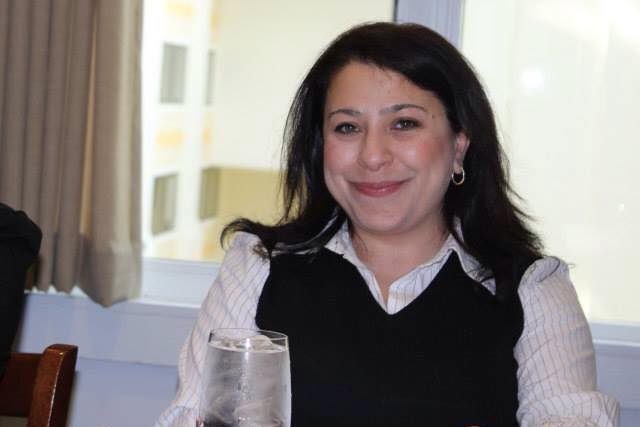The Judicial and Legal Reform Strategy 2019-2023 envisages amendments to the Civil Procedure Code and the Law on Mediation.
Iravaban.net talked about the topic with mediator Ms Anahit Tamrazyan, who expressed her opinion on the proposed changes.
– Miss Tamrazyan, the Judicial and Legal Reform Strategy envisages the definition of cases of obligatory mediation on certain legal relations, such as family, labor, banking, etc. What do you think will be the result of that change? Can it be an effective mechanism?
– Currently, in some European countries, in the United States, mediation is one of the preferred and most commonly used alternative dispute resolution methods. Mandatory mediation of family cases provided for by legislative amendments is highly welcomed.
Since the introduction of mediation, I have been involved in the establishment of this institute; I have actively participated in the joint multi-content programs of the European Union and the Council of Europe on “Strengthening the Independence, Professionalism and Accountability of the Justice System in Armenia.”
I can state that as a result of three weeks of active work within the framework of the pilot program on mediation attached to the courts, which took place in the summer of 2016, we had 11 mediation cases, 7 of which were resolved amicably. From 20 to 28 March, 2018, my colleague and I worked in the courts of general jurisdiction of the city of Yerevan in the process of the “Support to the Practical Application of Mediation in Armenia” program, as well as made visits to the regions, as a result of which we registered peace agreements on family issues.
For the period of 2018-2021, I can document various lawsuits that have ended successfully as a result of mediation. I have concluded two out-of-court settlement agreements in family matters, which have then been approved by a court. Judges of the Court of General Jurisdiction of the city of Yerevan in certain civil cases, as well as the Civil Court of Appeal, expressing conviction that the parties to the trial are ready to settle the dispute within the framework of mediation, made decisions “on appointing a mediation process” in which I was involved as a mediator.
I can state that during my work practice, a reconciliation agreement was reached in the context of a variety of disputes, including family issues and insurance; obliging the demolition of the unauthorized structure and to compensate the damage, preventing the implementation of actions that violate the law; prohibiting illegal activities, withdrawing and destroying products; and claims for prevention of offenses and compensation for damages. As it is obvious, a positive result has already been registered, and in the future it is desirable to apply mandatory mediation to other disputes as well
– The strategy envisages taking steps to introduce modern tools for mediation, for example, online or telephone mediation to resolve disputes between consumers and public service organizations through them. It is noted that through such a platform, dispute resolution can be done in a short timeframe, with low cost or even free for the consumer, through the means of a public service provider. What problems and risks do you see here? Can this be a tool for unloading the courts?
– I believe that the development of the mediation institute can reduce the workload of the courts and increase the efficiency of the judiciary. Disputes can be settled through mediation instead of years in court. In particular, two of the conciliation cases have been pending since 2015 and have been allowed to settle disputes amicably within four hours of a court-appointed free mediation. Through this special negotiation process, the parties have the opportunity to fully control the terms of the dispute and make a final decision.
Mediation using high technology and the use of the Internet can be considered as an effective means. In my practice, it has been used in one case sent to mediation on the initiative of the court, as one of the parties to the trial had two representatives, one of whom was abroad. Due to the willingness and high professionalism of the lawyers of the parties, it was possible to organize a quick and effective discussion.
– What are the gaps in the activities of the mediator and in this sphere in general, which need to be resolved, but are not included in the strategy?
– I think there are all the legal preconditions for the establishment and development of mediation, but the judges lack confidence in the mediators and the mediation process.
Huge support to raise public awareness has been provided through the international partners, in particular through the programs of the Council of Europe and the European Union: radio programs, various events were organized and implemented, videos were shown and information leaflets were published. However, the development and establishment of the mediation institute requires state care, adequate working conditions for mediators, and the active operation of a self-governing organization of mediators.
– Although the law has not been presented or adopted yet, do you assess the changes in the sphere as sufficient?
– I will refrain from giving assessments at this moment. However, I hope that as a result of decent state support and legislative reforms, favorable conditions will be provided for active work, increasing confidence in mediation and reducing the burden on the judiciary.


















